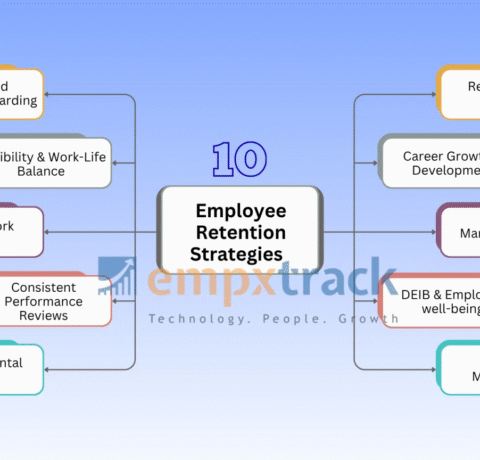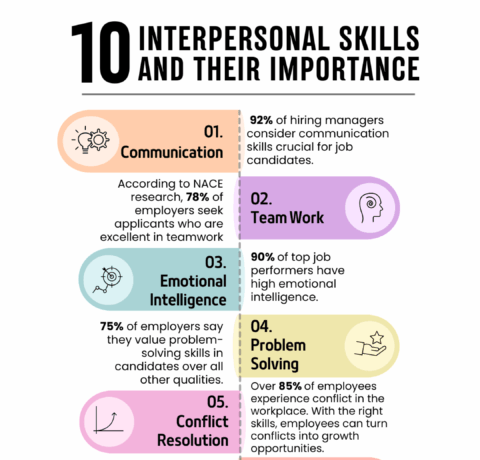What It Means to Be an Expert Infographic
Everyone’s dream is professional achievement. People, who work in a certain field, want to become an expert which is the greatest professional achievement. This process is long, we have to sacrifice a lot but at the end we will see the result of our efforts. The What It Means to Be an Expert Infographic presents the steps that should be followed in order to become an expert.
What You Need to Know
If you're starting from scratch -- learning to code, picking up a language, or anything else -- here's what you need to know:
- You probably have the capacity to pick up new knowledge in just about any field -- 95 percent of people do, according to Benjamin Bloom's Taxonomy of Educational Objectives: The Cognitive Domain.
- Everyone learns differently. Understanding your learning style is essential, if you want to broaden your knowledge.
- It takes 10,000 hours to become an expert in something, which sounds more daunting that it really is. If you spend 20 hours a week doing something for 10 years, you've put in your 10,000 hours. In other words, once you've been working at your career for a while, you're probably an expert in something. The goal is to figure out what it is.
- The brain takes eight weeks to build new neural pathways. If you want basic competency in a new skill, set aside two months to get up to speed -- and be patient.
How to Know When You’re an Expert
1. Knowledge
- Knowledge: Recognition of terms, ideas, procedures
- Comprehension: Extrapolate information without understanding of full implications
- Evaluation: Judgement of ideas and methods
- Application: Apply general principles to specific concrete situations
- Analysis: Separating a complex idea into parts with understanding relevant vs extraneous variables
- Synthesis: Creative concepts from multiple sources forming new complex ideas
- Evaluation: Judgement of ideas and methods using external evidence and self-selected
2. Skill
- Perception: Uses sensory cues to guide actions
- Set: Demonstrates a readiness to perform the task
- Guided Response: Knows steps requires to complete the task
- Complex Overt Response: Performs task in a fully confident, proficient, and habitual manner
- Adaptation: Capable of modifying actions to account for new problematic situations
- Organization: Creates new tasks incorporating learned ones







You can adjust your cookie preferences here.